
After having seen and reviewed Program A from COMPLEXIONS Contemporary Ballet, I happily returned for Program C. The first half of this performance was titled Essential Parts. These seven pieces were a compilation from the company’s repertoire and included one world premiere.
“Dear Frederic” was choreographed to brisk piano sonatas composed by Frédérik Chopin. This dance was performed by the company. My interpretation saw members in a dance class showing off their skills. Displaying the athletic range of this group, this excerpt from 2007 was a fine opening. “Testament” followed with an urgent a cappella rendition of “Amazing Grace.” Daniela O’Neil and Craig Dionne were clutching each other with intensity and heightened urgency.
“Elegy” was the only premiere and featured the spectacular Jillian Davis in a solo piece set to Beethoven. The mood was somber and reflective. The final image before the lights went down capped off a beautifully introspective piece. “Woke” from 2019 was next. The company was back on stage to perform this segment and I will await another full production in the future.
Brandon Gray then danced “Wonder-Full” from 1994. This solo featured the Stevie Wonder song, “All in Love is Fair.” Mr. Gray begins the dance with an open shirt. Mr. Wonder’s lyrics remind that “love’s a crazy game” and relationships are win or lose propositions. By the end of the dance, his shirt comes off and becomes a symbolic prop with which he dances.
An excerpt from “Bach 25” from Program A followed. The final dance in this half was called “On Holiday.” This 2010 work wowed the audience. Billy Porter longingly and plaintively sings Billie Holiday’s “My Man (Mon Homme).” The lyrics provide direction for the dance such as “Two or three girls/ Has he/ That he likes as well as me/ But I still love him.”
Dwight Rhoden choreographed each selection in Essential Parts. The assortment nicely displays his styles. This type of dance is athletic and accessible. This is a company to put on your list if you want to experience a dance performance. Frankly, it seems impossible not to love this troupe. At a minimum, the music and the technical quality of the dances with their muscular athleticism are bound to impress and hold your attention.
The second half of Program C was “Love Rocks” featuring the music of Lenny Kravitz. I saw this world premiere as part of Program A and it was sensational again. In my notebook I wrote that the transitions were “so damn fun to watch.” This time around the duet between Larissa Gerszke and Craig Dionne stood out for me as particularly mesmerizing.
COMPLEXIONS Contemporary Dance has performances scheduled in the following U.S. cities in upcoming months: Escondido (CA), New Brunswick (NJ), Storrs (CT), Park City (UT), Columbus (GA), Irmo (SC) and Detroit (MI).



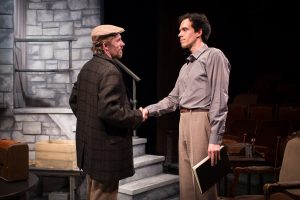
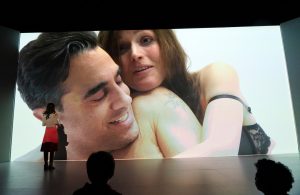
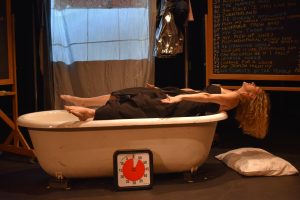


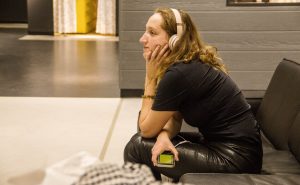
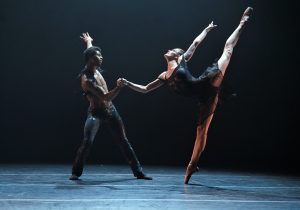

You must be logged in to post a comment.